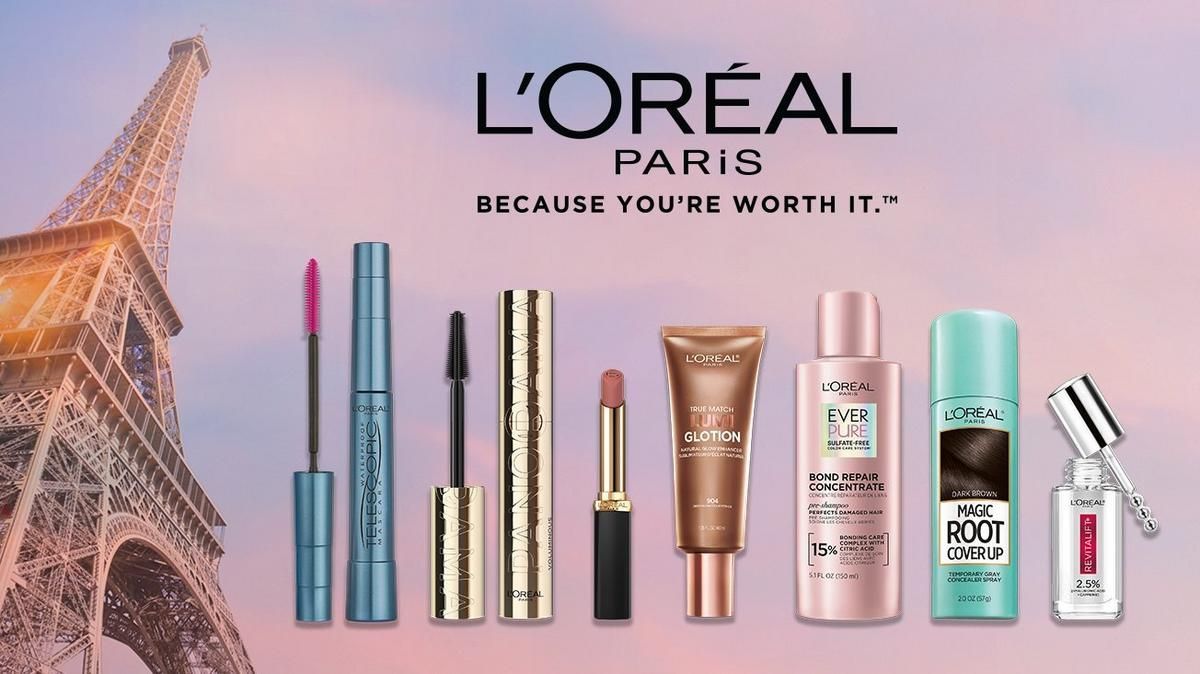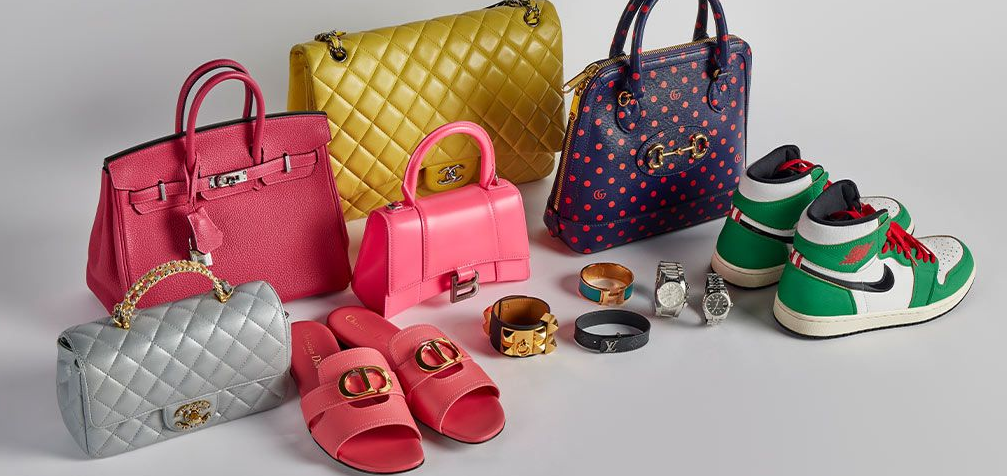L'Oréal's New Skin Age Calculator Revolutionizes Personalized Skincare
The Future of Beauty: L'Oréal's Game-Changing Skin Age Calculator

L'Oréal has once again redefined the beauty industry with the launch of its innovative Cell Bioprint tool, developed in partnership with Nanoentek, a leader in biotechnology. This device represents a leap forward in skincare science, using advanced "lab-on-a-chip" technology to analyze skin at a cellular level. This breakthrough technology predicts aging patterns and identifies how skin responds to popular anti-aging ingredients such as retinol.
A Personalized Skincare Revolution
In a market increasingly driven by personalization, L'Oréal’s tool offers tailored solutions that are more precise than ever before. Unlike traditional approaches, this technology provides consumers with an in-depth understanding of their skin, enabling highly customized product recommendations. The first brands to integrate this technology will be Lancôme and Vichy, both known for their expertise in anti-aging skincare.
Why It Matters for the Luxury Beauty Market
The global beauty industry, particularly in the premium segment, is evolving rapidly. Consumers are no longer satisfied with one-size-fits-all solutions; they demand personalization that reflects their unique needs. L'Oréal's entry into this space positions it as a pioneer in combining cutting-edge technology with consumer-focused beauty solutions.
This initiative aligns with broader trends in the luxury sector, where wellness and longevity are becoming increasingly central to consumer preferences. As the industry looks toward 2025, the focus on “aging well” rather than simply “anti-aging” is expected to dominate the conversation.
The Broader Implications
L'Oréal’s move is likely to set a precedent for other beauty giants, urging competitors to invest in similar innovations. Additionally, this development raises the bar for luxury skincare products, which will need to demonstrate measurable, science-backed results to remain competitive.



